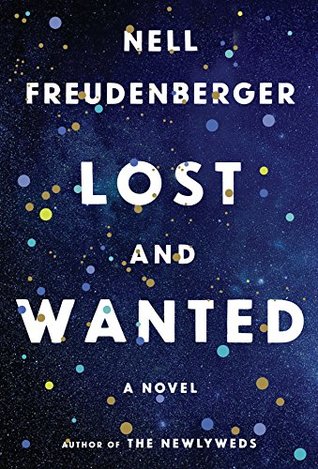More on this book
Community
Kindle Notes & Highlights
glaucous
It isn’t so much that I’m excited to see him at the end of his day as that my body longs to be with his. The need to pick him up and caress him seems to be increasing just as it gets more difficult to do so. Sometimes, especially right after he wakes up in the morning, or when we’re reading together in his room at night, he’ll still sit on my lap, lean back against my chest, and allow me to put my face in his hair. In those moments there is a surge of contentment so intense that I can hardly see the page in front of me.
I’ve never worked on quantum entanglement, which Einstein once dismissed as “spooky action at a distance.” It’s a real phenomenon, though, one that has less to do with communication than with a shared history that causes a pair of particles, even once they’ve been permanently separated, to behave as if they knew what each other was thinking.
It’s easier for me to identify deviations from a baseline than it is to speculate about motivations.
“No one is required to”—Kwesi seemed to search for what he wanted to say—“to sit quietly in their grief.”
We now know that our universe is almost certainly 13.77 billion years old, and that it expanded more than a trillion trillion times in the first trillionth of a trillionth of a second of its life. The tiny variations created during that wild beginning are the seeds of the galaxies we see today. That’s what I would have told Charlie about the universe’s origins, if it had really been Charlie asking.
I think that with most of our friends we choose how much of ourselves to reveal, and with a very select few it feels as if there is no choice.
The whole valley turned gold. It gave me a burst of confidence, as if for a moment you could see the precious stuff underground, which had been made inside colliding stars.
The expression on her face was an extreme version of the way she looked during the day, which I had taken for aloofness, even conceit. But it had been transformed by sleep. What I suddenly thought of, standing in the dark room, were the plaster casts from Pompeii: the lidded, alarmed eyes, mouth slightly open, chin tilted up, as if her face had been fixed in a moment of suffering. Suffering, but in four dimensions—what you might call yearning.
But I can’t help picturing her now in a book-lined university office somewhere on the East Coast, where the sun shines at a safe, wintry distance for many months of the year, cloistered with her poetry and plays—insulated, underpaid—alive.
You can hear about something for a lifetime, though, even something you know is happening all around you, and still not really believe it—until it happens close enough to feel yourself.
Sometimes you could hope for an outcome so intensely that it led you to break your own rules in order to produce it; even very distinguished scientists sometimes saw a meaningful pattern in what turned out to be simply noise.
“I read this article about how you can have anything going on in your head, as long as it doesn’t manifest itself. Like a reflection.”
It’s only that, as the world seems to become an increasingly dangerous place, I wonder if happiness is the point. Maybe passion, something that can keep you satisfied inside your own head, independent of other people, is going to be worth more in Jack’s lifetime.
Scientific analogies for emotional states are imprecise, but recently I’ve been finding them difficult to avoid.


